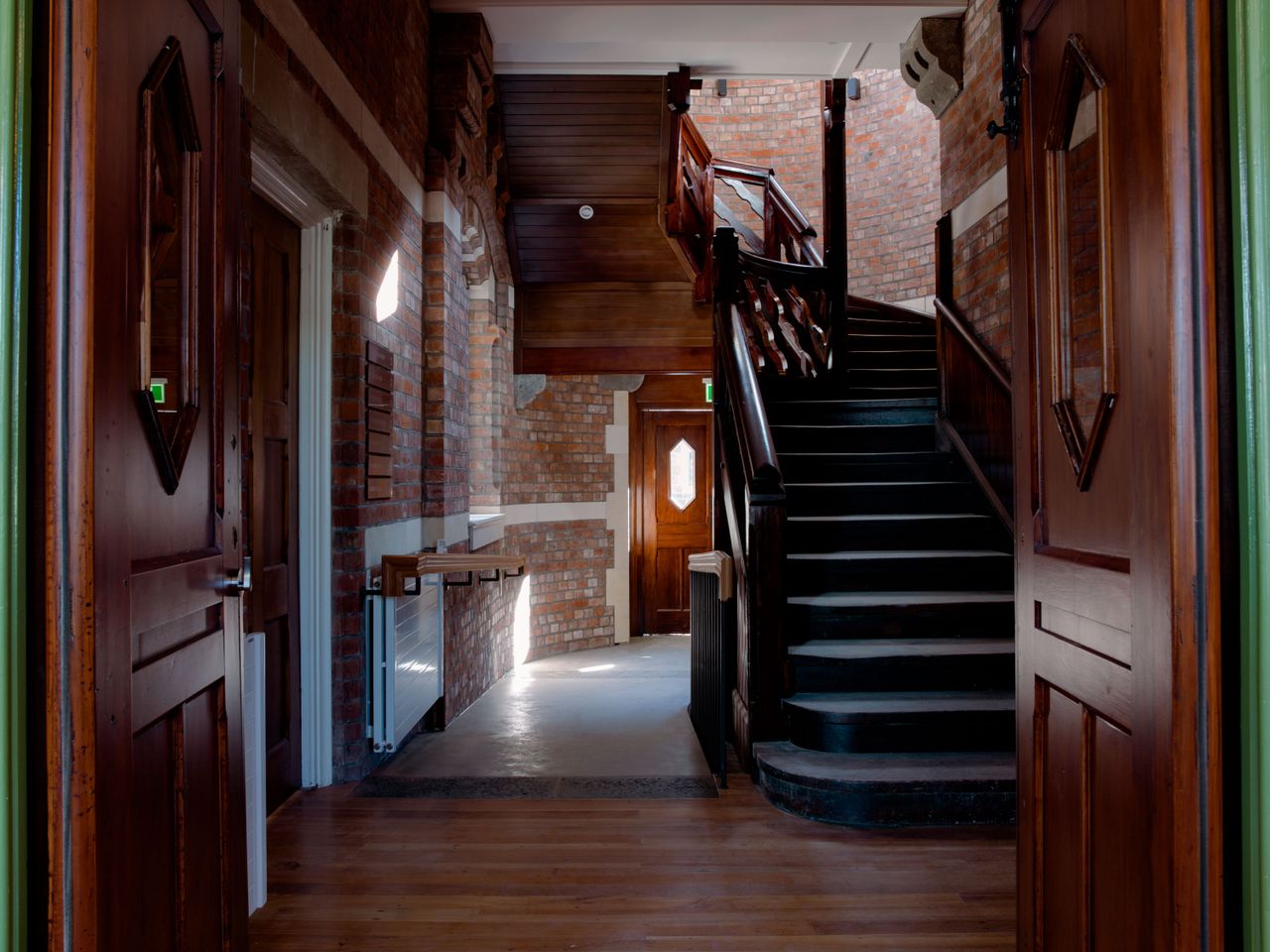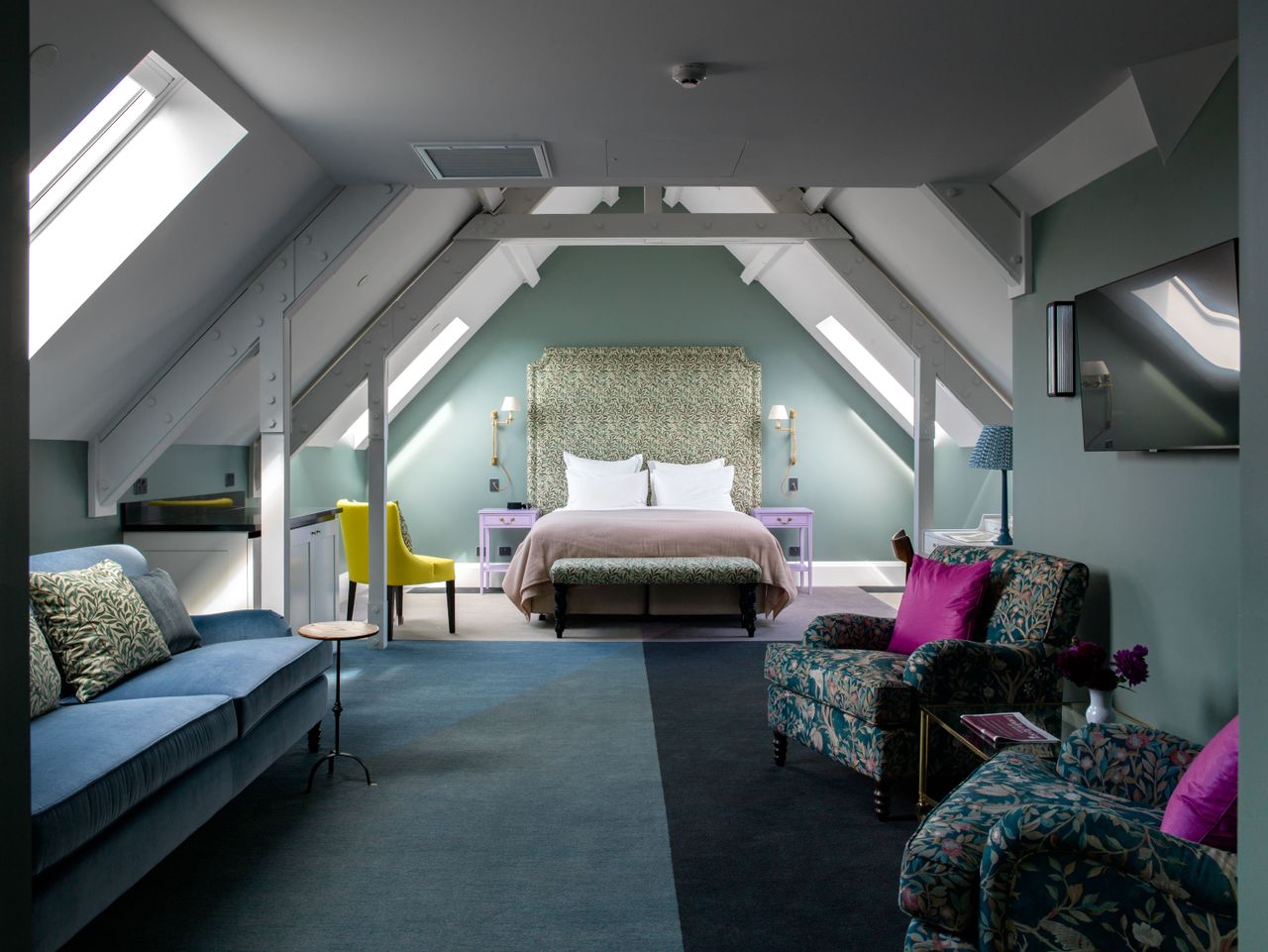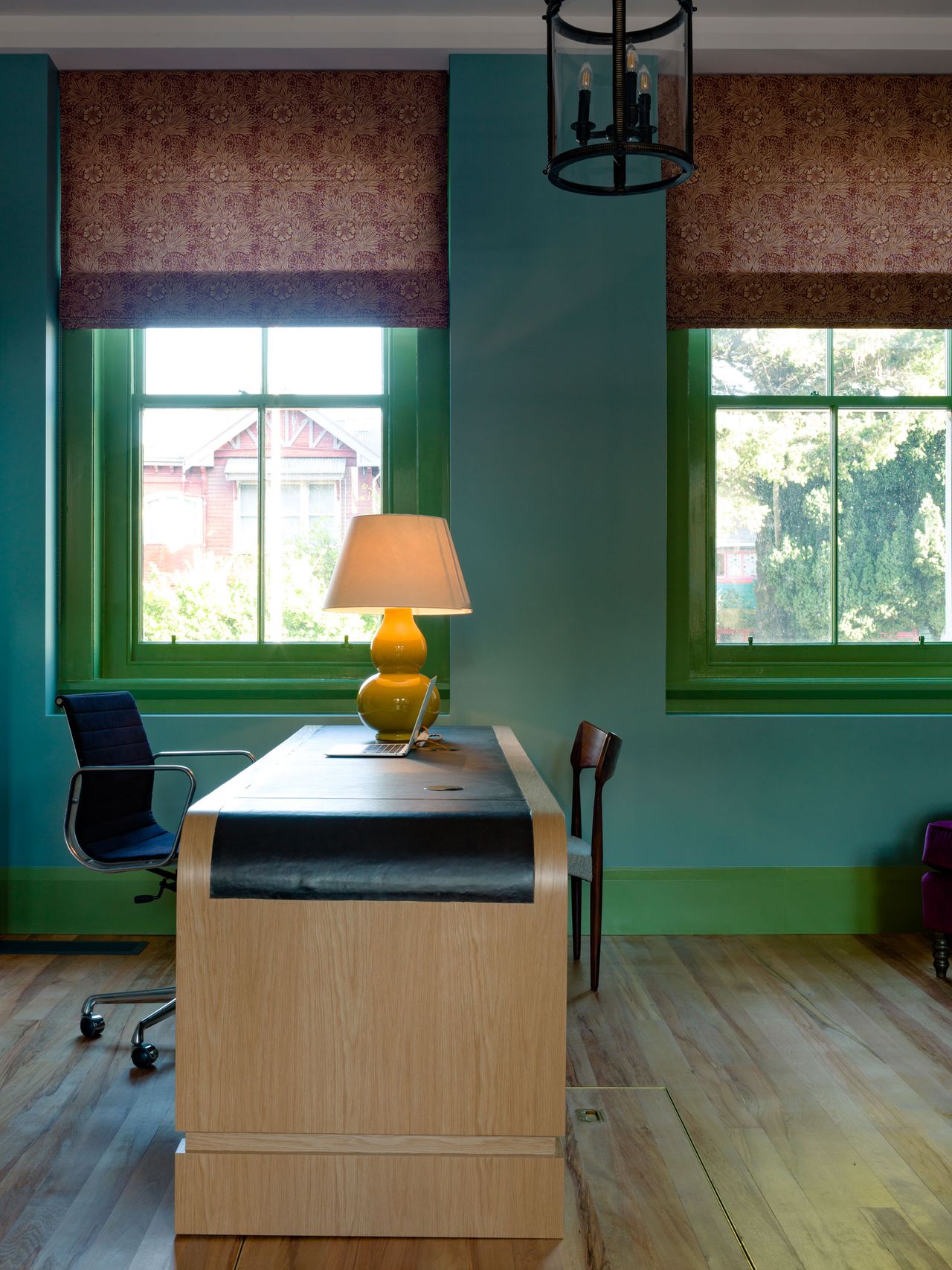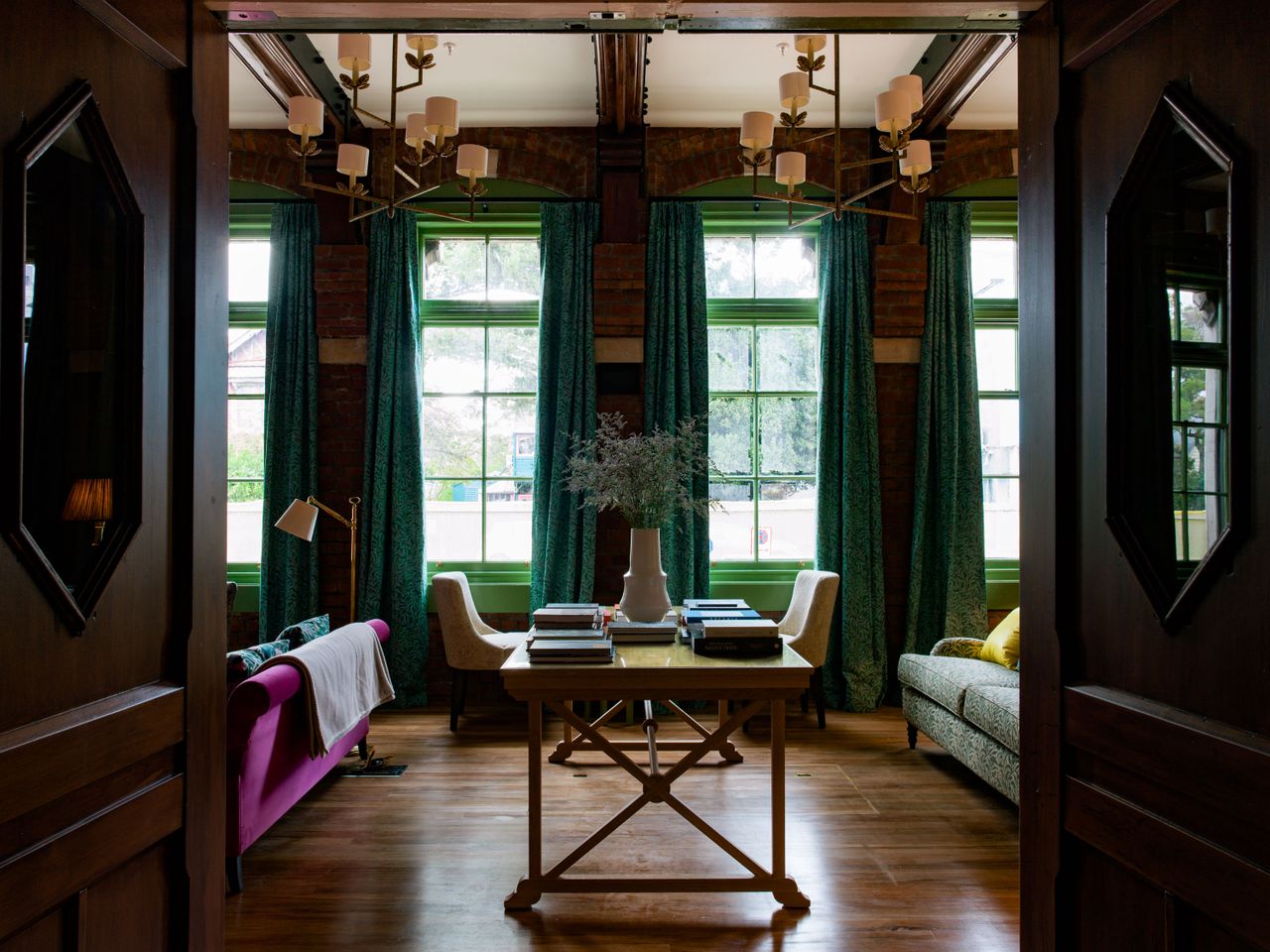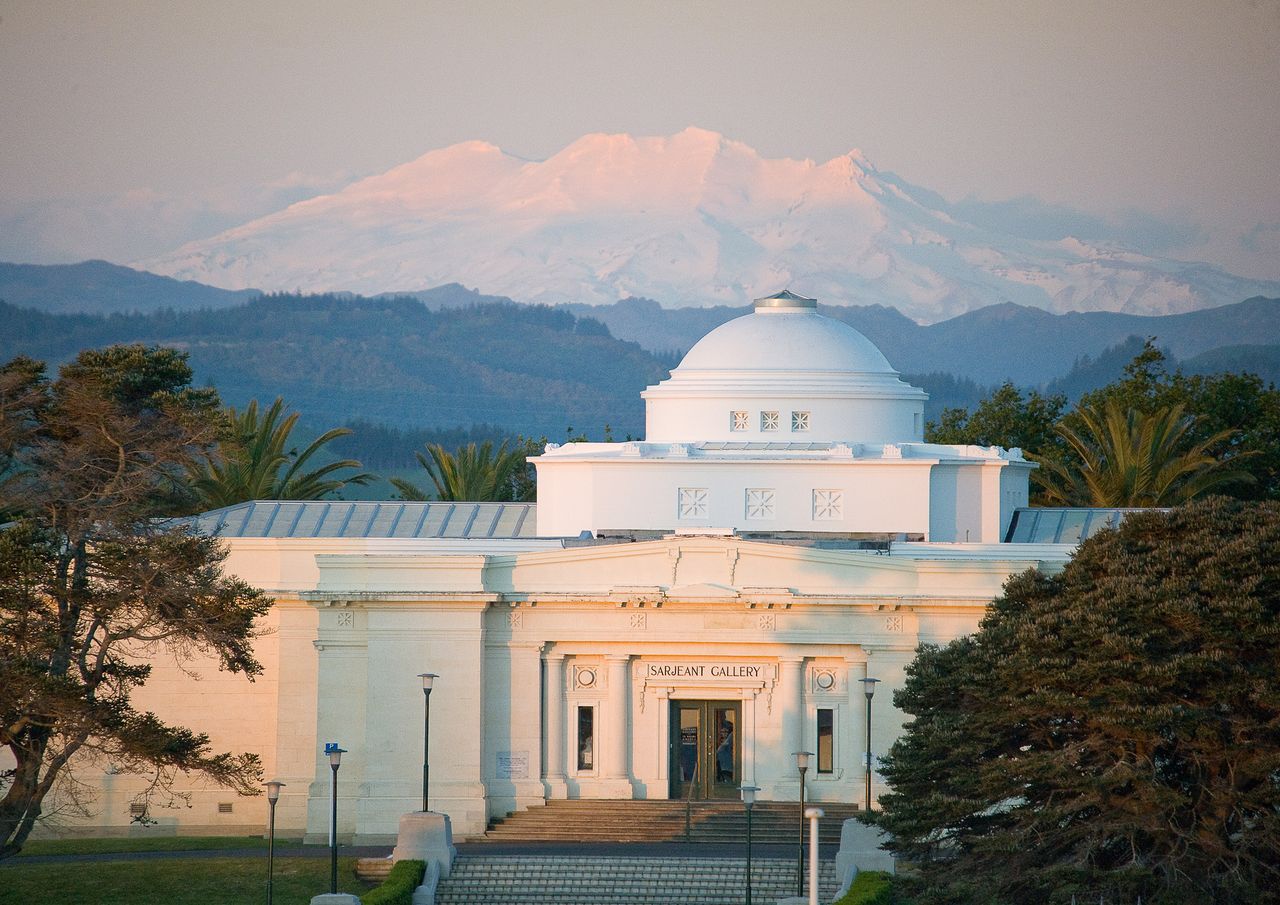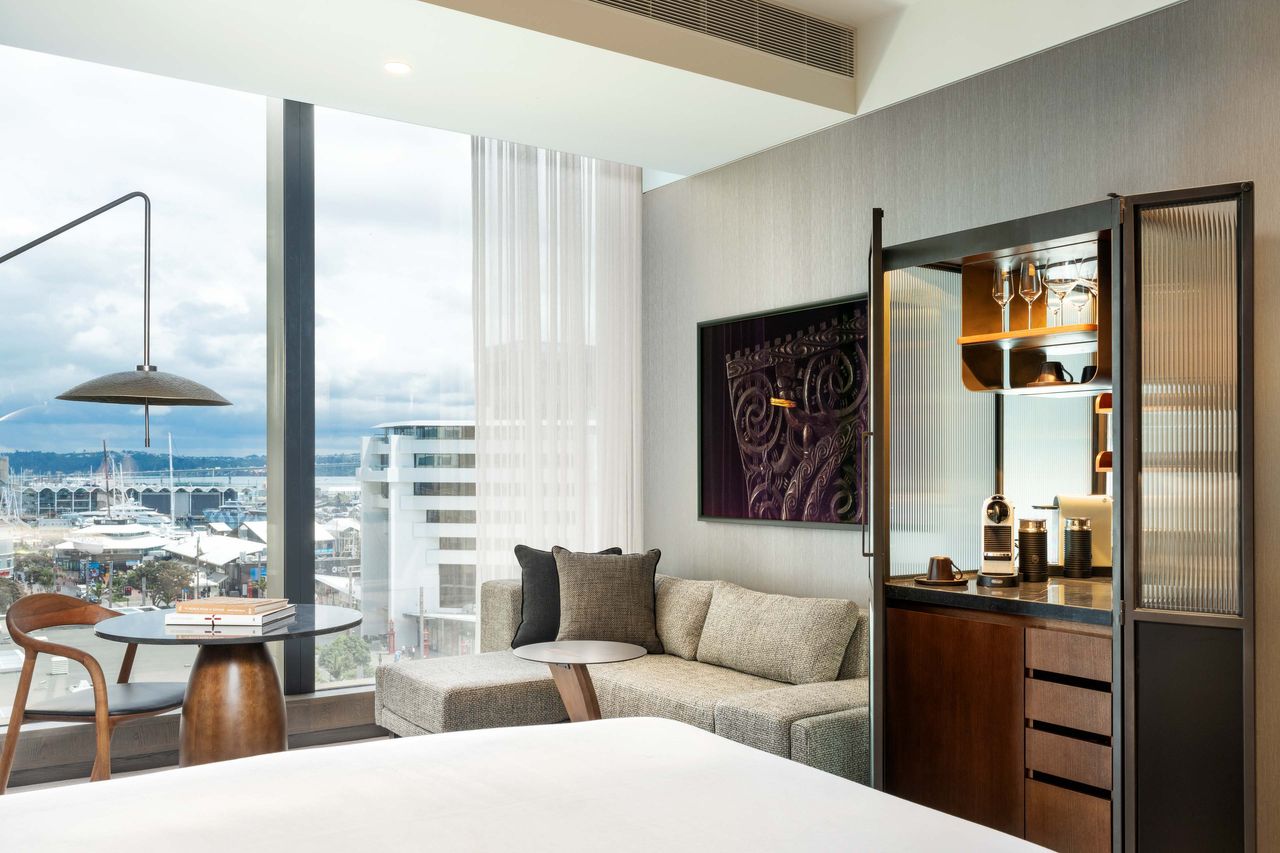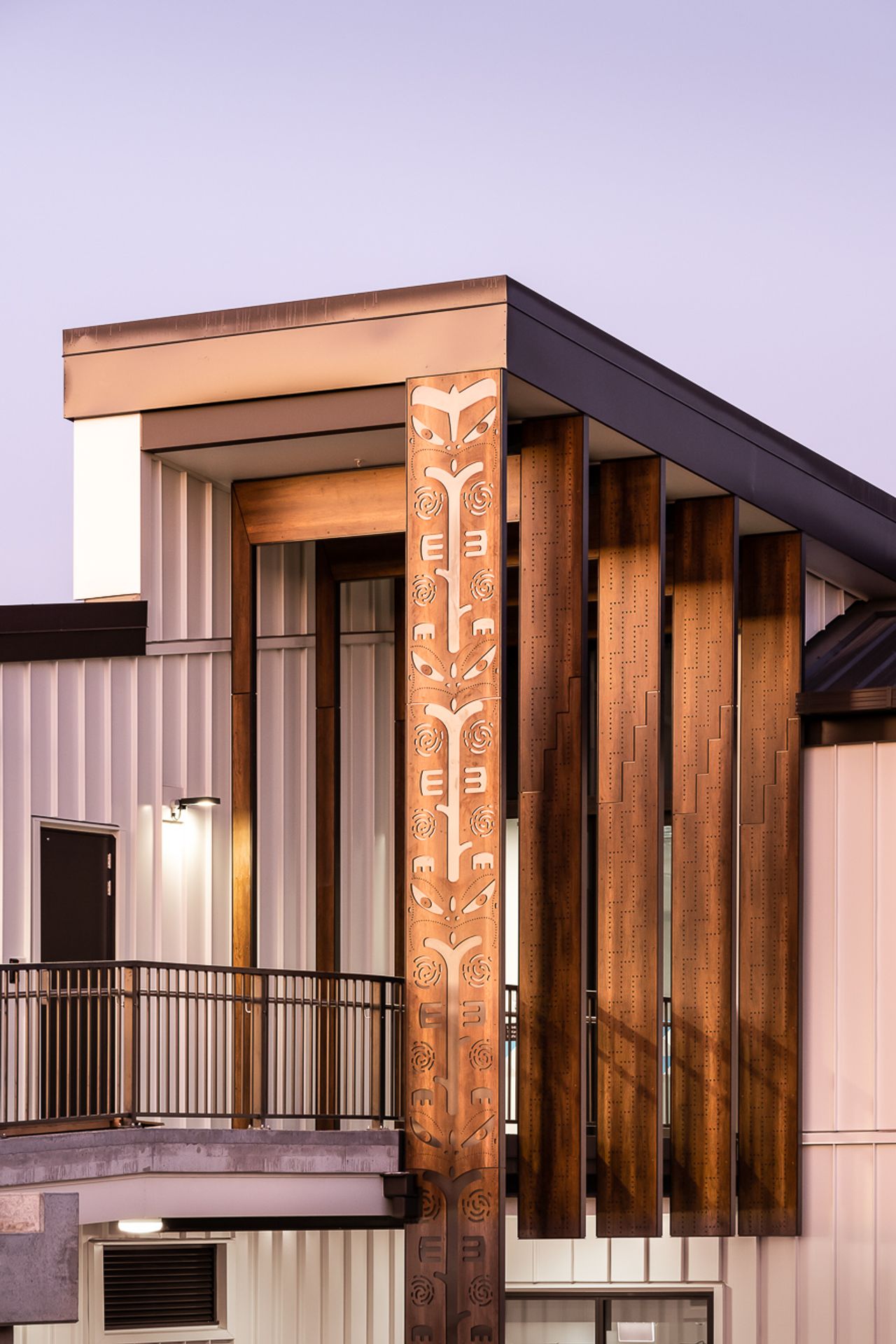Projects
The Observatory Hotel
Client
- The Arts Centre
Project Leads
Location
- Canterbury – West Coast
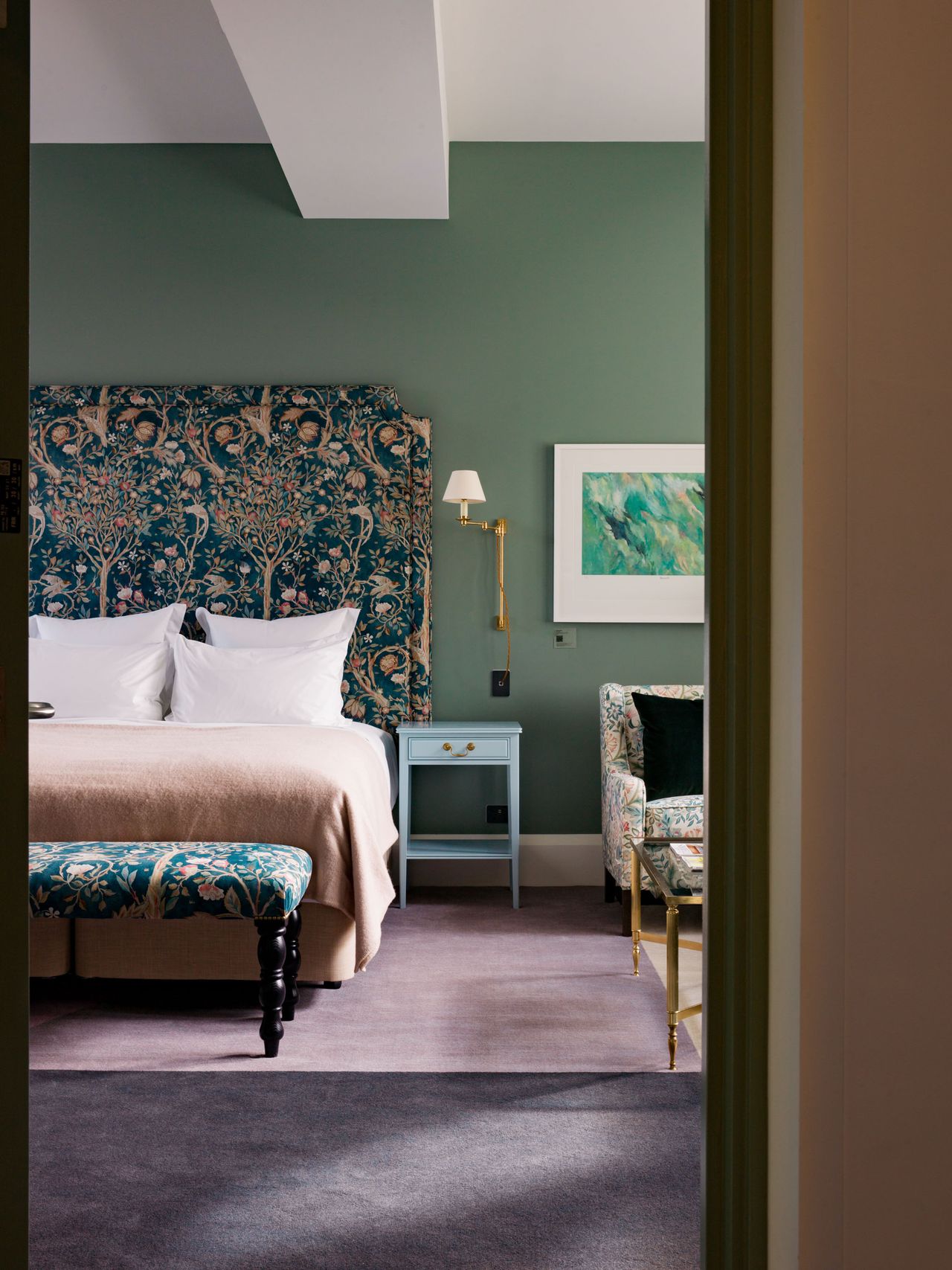
Set on a 2.25 hectare central city block, the Christchurch Arts Centre, Te Matatiki Toi Ora, is one of New Zealand’s most significant clusters of heritage buildings.
This massive $290m staged restoration programme was the largest of its type in the world at the time, andhas immaculately restored the heritage features of the collection of distinctive Gothic Revival buildings, while modernising infrastructure to support the next phase of utilisation – transforming the proposition for both tenants and the visiting public..
In 2014, RCP was appointed to provide strategic advice and end-to-end project management across the entire programme of works, including the Observatory Hotel, a highly innovative adaptive reuse heritage project. Work saw the former physics building transformed into a 33-room boutique hotel and the associated observatory tower restored to working order.
The Observatory Hotel presented a chance to modernise the Arts Centre’s offering and complement other activities within the precinct. RCP managed the feasibility and business case phase, which considered a range of potential typologies in addition to the recommended hotel option. The notion of a purely commercial space within the Arts Centre was a departure from historical use but its purpose was clear: to generate a steady revenue stream that would better enable the Arts Centre Trust Board to pursue its raison d'être – promote arts and culture.
RCP developed a unique execution plan to establish the new framework and processes needed to achieve the complex undertaking. RCP also led development of the commercial structure for the Hotel, managed the operator procurement process as well as the design, construction, and handover of the physical works.
Early projects within the precinct were delivered on a cost reimbursable basis, owing to the significant damage as a result of the Canterbury Earthquakes and the high degree of scope uncertainty. These early project delivery strategies had to somehow balance uncertainty and risk with the overarching priority of heritage preservation - all within the overarching constraint of fixed funding from insurance proceeds.
Under the Stage One paradigm the broader project team had to operate in a dynamic and flexible manner, but it made tracking and maintaining costs difficult. Budgets were regularly exceeded, and the model created tension. Stage One saw several contractors come and go and, with each departure, IP and learnings were lost.
For Stage Two, of which the Hotel was a part, a new approach was needed; one that mitigated the risks and the unknowns while enabling the team to move at pace. The aim was to maintain one contractor and one team through to completion, and it required a shared risk and reward approach.
RCP looked beyond the status quo for a solution. We researched, recommended and implemented a tailor-made contract structure that marries proactivity, risk sharing and collaboration – NEC4, a UK contract suite which included a ‘target cost’ option.
The contract, with its key principle of ‘mutual trust and cooperation’, ticked all the boxes. It has a strong focus on documentation, early warning processes and best practice project management. NEC4 aligned perfectly with the unique challenges of the Hotel restoration, which was delivered under budget and ahead of programme.
